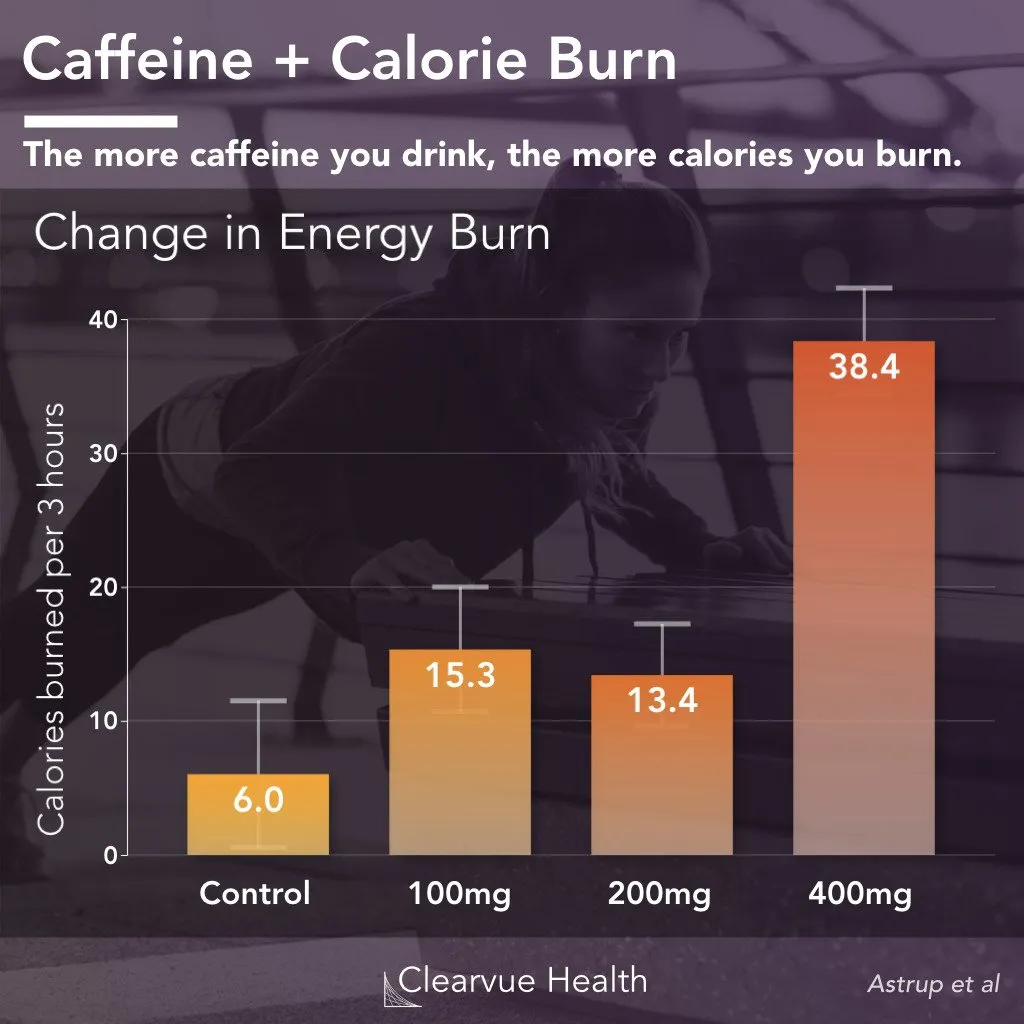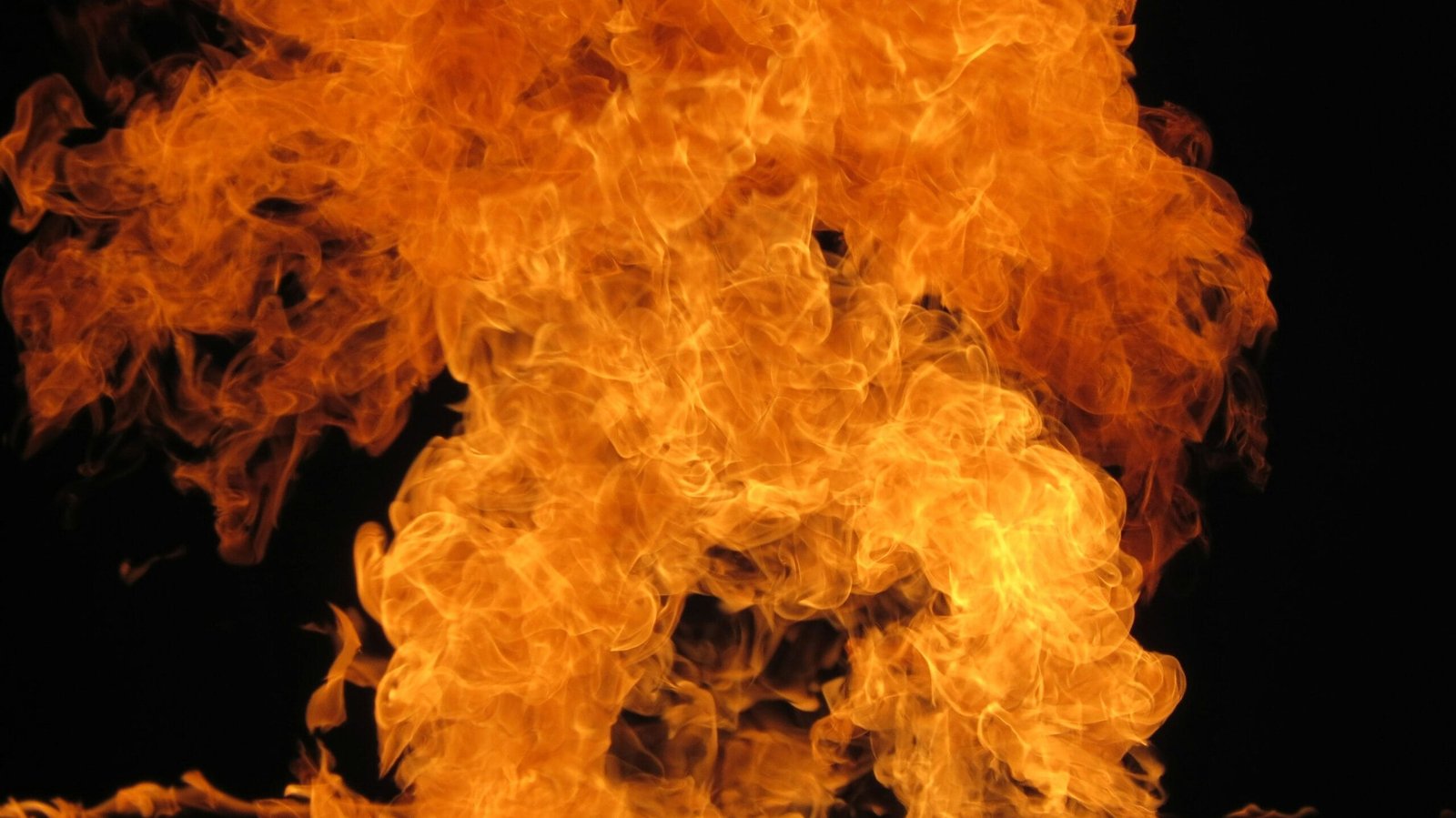Have you ever wondered how many calories your morning cup of coffee actually helps you burn? Coffee is often seen as the savior in our battle against fatigue, but there’s more to it than just its energizing properties. Let’s delve into the intriguing world of coffee metabolism and understand how it contributes to calorie burning in your body. So grab your favorite mug and let’s get started.
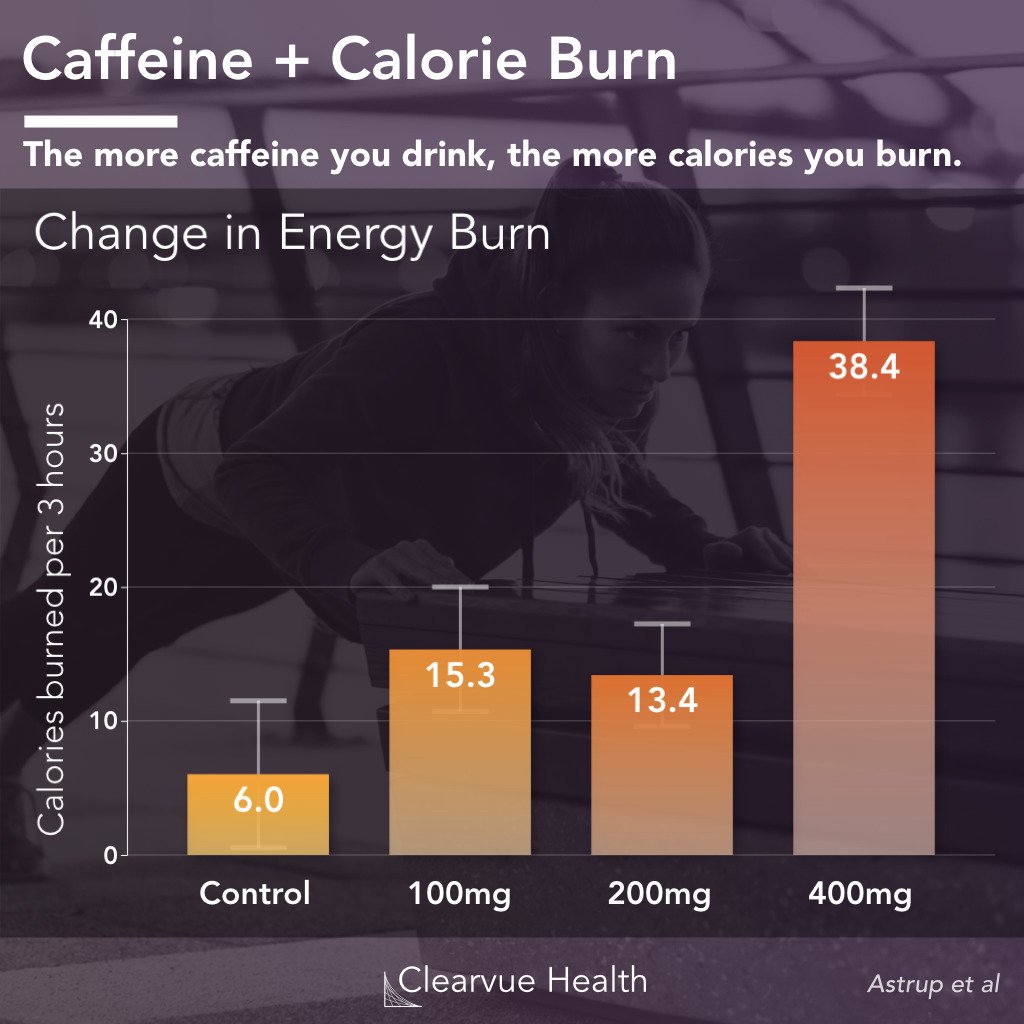
Understanding Coffee and Metabolism
Coffee is not just a delicious beverage; it has compounds that affect your metabolism. The primary ingredient in coffee that gets most of the attention is caffeine. But what does caffeine actually do to your metabolism, and how can it help burn calories?
The Role of Caffeine
Caffeine is a natural stimulant, and it’s this component of coffee that can help boost your metabolism. When you consume caffeine, it stimulates your central nervous system, increasing the release of certain hormones like adrenaline, which leads to several metabolic effects. By understanding these effects, you’ll better appreciate how coffee can be part of your calorie-burning strategy.
Thermogenesis and Calorie Burning
One of the key metabolic processes stimulated by caffeine is thermogenesis, which is the generation of heat in your body. When your body generates more heat, it burns more calories. This caloric burn isn’t just limited to when you’re exercising; you also burn more calories at rest. Now, you’re probably wondering just how significant this caloric burn is and if it’s enough to make a difference. We’re getting to that next.
How Coffee Influences the Caloric Equation
By influencing your metabolism, caffeine can play a small yet noteworthy role in how your body burns calories. Let’s break down the science so it’s easy to understand how that works.
Resting Metabolic Rate (RMR)
Your Resting Metabolic Rate represents the number of calories your body needs to function when you’re at rest. Caffeine can increase your RMR, helping you burn a few extra calories without additional activity. Studies suggest that this increase could be somewhere around 3-11% depending on various factors like your metabolic health and the amount of caffeine consumed.
Exercise and Caffeine: Better Together?
Caffeine doesn’t just have an effect at rest; it can also enhance your physical performance, allowing you to work out more intensely or for longer periods of time. This means you could potentially burn more calories during your workout if you’ve had a cup of coffee beforehand. But how does this synergy work, and are there limits?
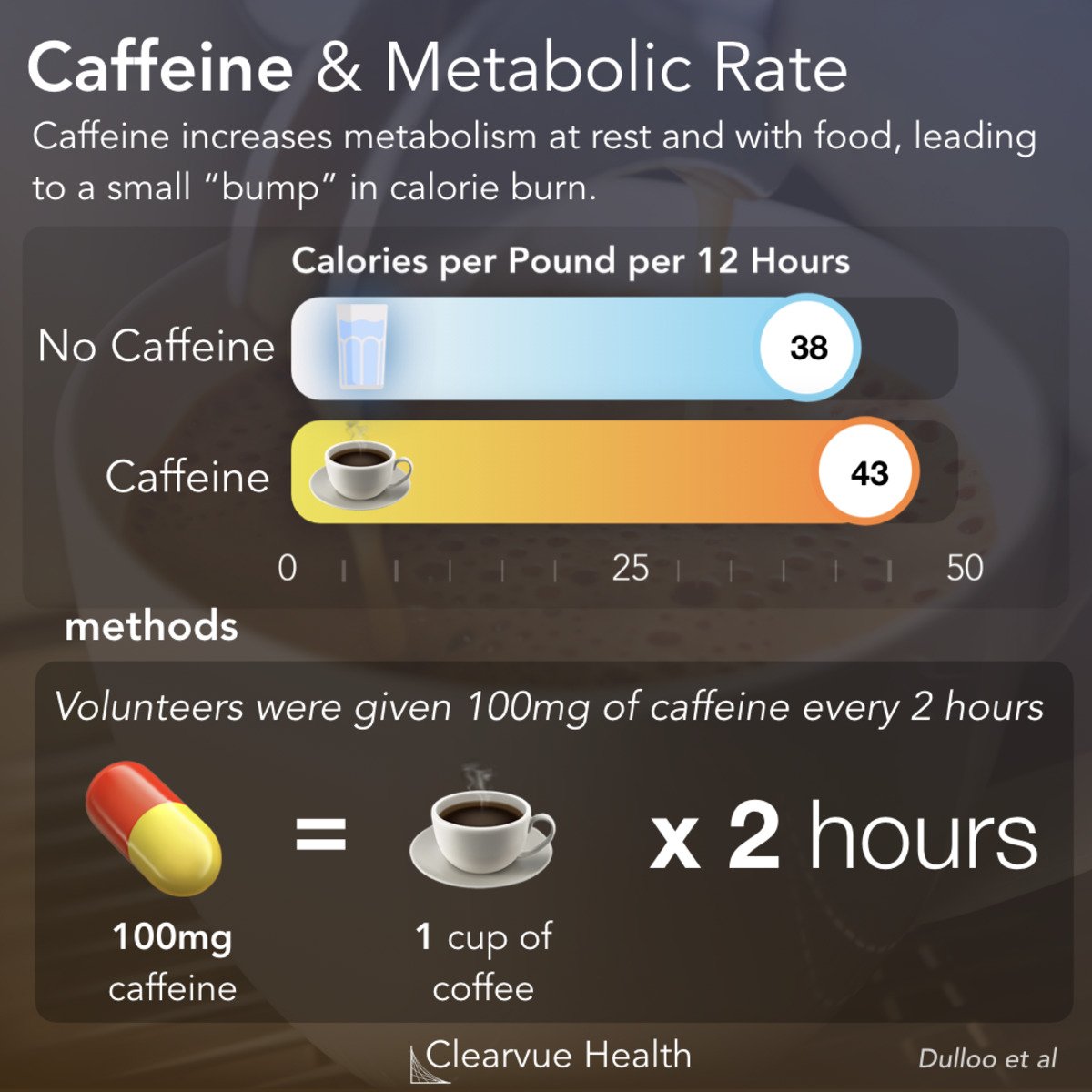
Factors Affecting Calorie Burn with Coffee
While coffee can assist in boosting calorie burn, it’s important to consider the various factors that can influence this process. Your experience with coffee might be different from someone else’s due to several elements.
Individual Metabolism and Tolerance
First off, every person’s metabolism works at a different pace. Some are naturally faster, while others may be slower. Moreover, your tolerance to caffeine can significantly influence how much of an effect caffeine has on your body. With regular consumption, some people may develop a tolerance, meaning they might not experience as significant a boost in their metabolic rate over time.
Coffee Type and Preparation
The way your coffee is prepared can also influence how many calories you burn. Black coffee, for example, is virtually calorie-free and gives you the full effect of caffeine without added sugars or fats. Meanwhile, coffee drinks with creams, sugars, or syrups can add calories that counteract any caloric burn you might be achieving.
Measuring the Caloric Impact of Coffee
Getting a clear picture of how many calories coffee burns can be a bit challenging due to the individual variances mentioned earlier. However, understanding the general figures can give you an idea of how it plays into your overall energy expenditure.
Average Caloric Burn
On average, coffee consumption can lead to a caloric expenditure increase of about 80 to 150 calories per day when consumed in moderation. This isn’t a vast amount, but it’s significant enough to be part of your overall lifestyle if you’re looking at diet and exercise comprehensively.
| Coffee Type | Caffeine Content (mg) | Estimated Caloric Burn (additional per day) |
|---|---|---|
| Espresso (1 oz) | 63 | 50-60 |
| Black Coffee (8 oz) | 95 | 75-100 |
| Cold Brew (8 oz) | 200 | 100-150 |
Effects on Different Lifestyles
Whether you’re a sedentary person or you have an active lifestyle, understanding these figures helps you better integrate coffee into your daily routine. It’s a perfect example of how small, consistent changes can add up over time.
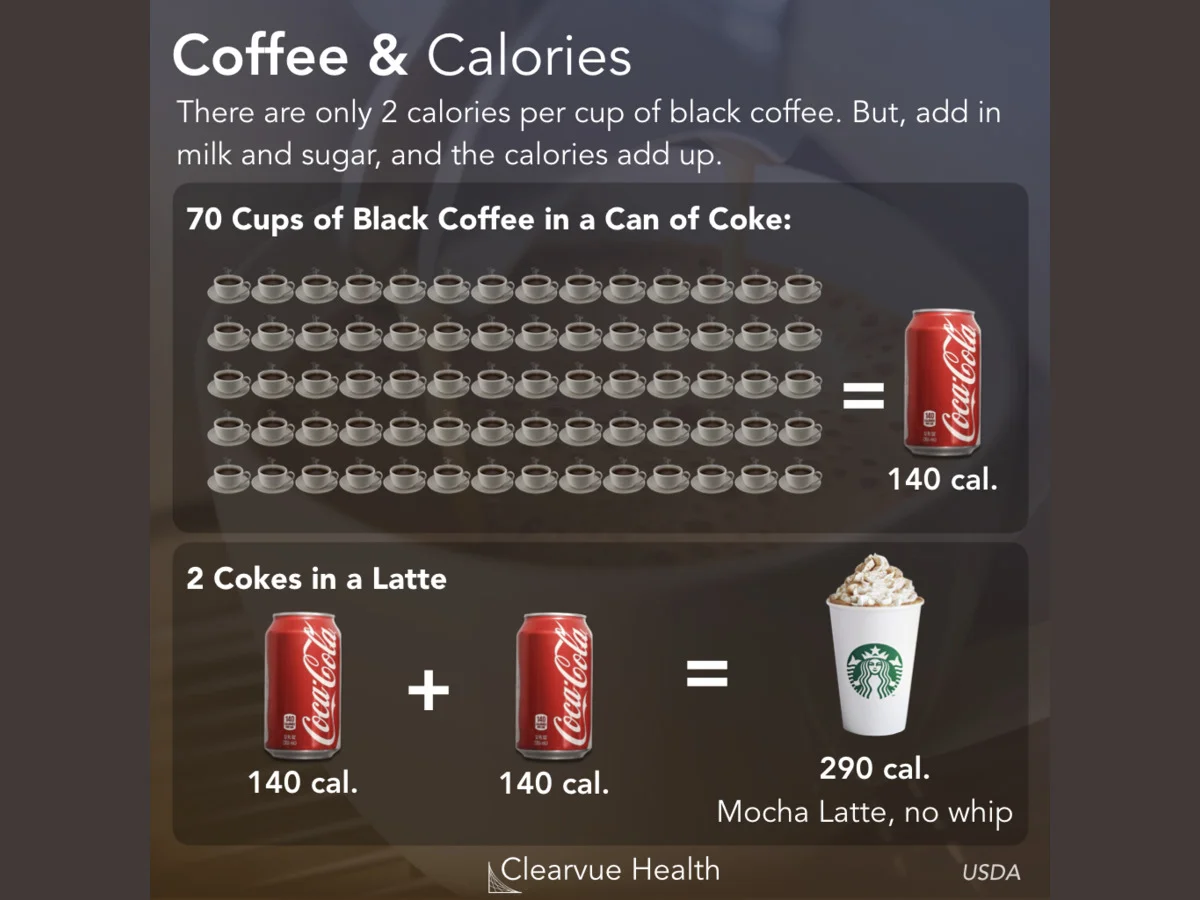
Maximizing Coffee’s Caloric Benefits
Now, if you’re looking to maximize the calorie-burning potential of your coffee, it comes down to making strategic choices. Here are a few simple tips to consider.
Drinking Coffee at the Right Time
Timing your coffee intake can make a difference. Consuming coffee before a workout can enhance performance and endurance, allowing you to get the most out of your exercise. Meanwhile, having coffee too late in the day might interfere with sleep, which can negatively impact metabolic health over time.
Pairing with Activity
Pairing coffee with some form of physical activity enhances the thermogenic effect, allowing for better calorie burn. Even a brief walk after a cup of coffee can increase metabolic activity more than coffee or exercise alone.
Recognizing the Limits: When to Draw the Line
While coffee is a potent beverage, it’s not a magic potion. Recognizing the limits is crucial for maintaining a healthy and balanced lifestyle.
Potential Side Effects of Excess Coffee
Too much coffee can lead to caffeine-related side effects like jitteriness, anxiety, heart palpitations, and insomnia. It’s essential to keep caffeine intake within a moderate level, typically around 200-400 mg per day for most adults, to avoid these issues.
Balancing with Other Nutritional Needs
Relying solely on coffee for calorie burning isn’t sufficient. It needs to be part of a balanced diet along with regular physical activity. A healthy approach includes a varied diet with all essential nutrients, adequate hydration, and sufficient sleep, creating a balanced framework for effective calorie management.
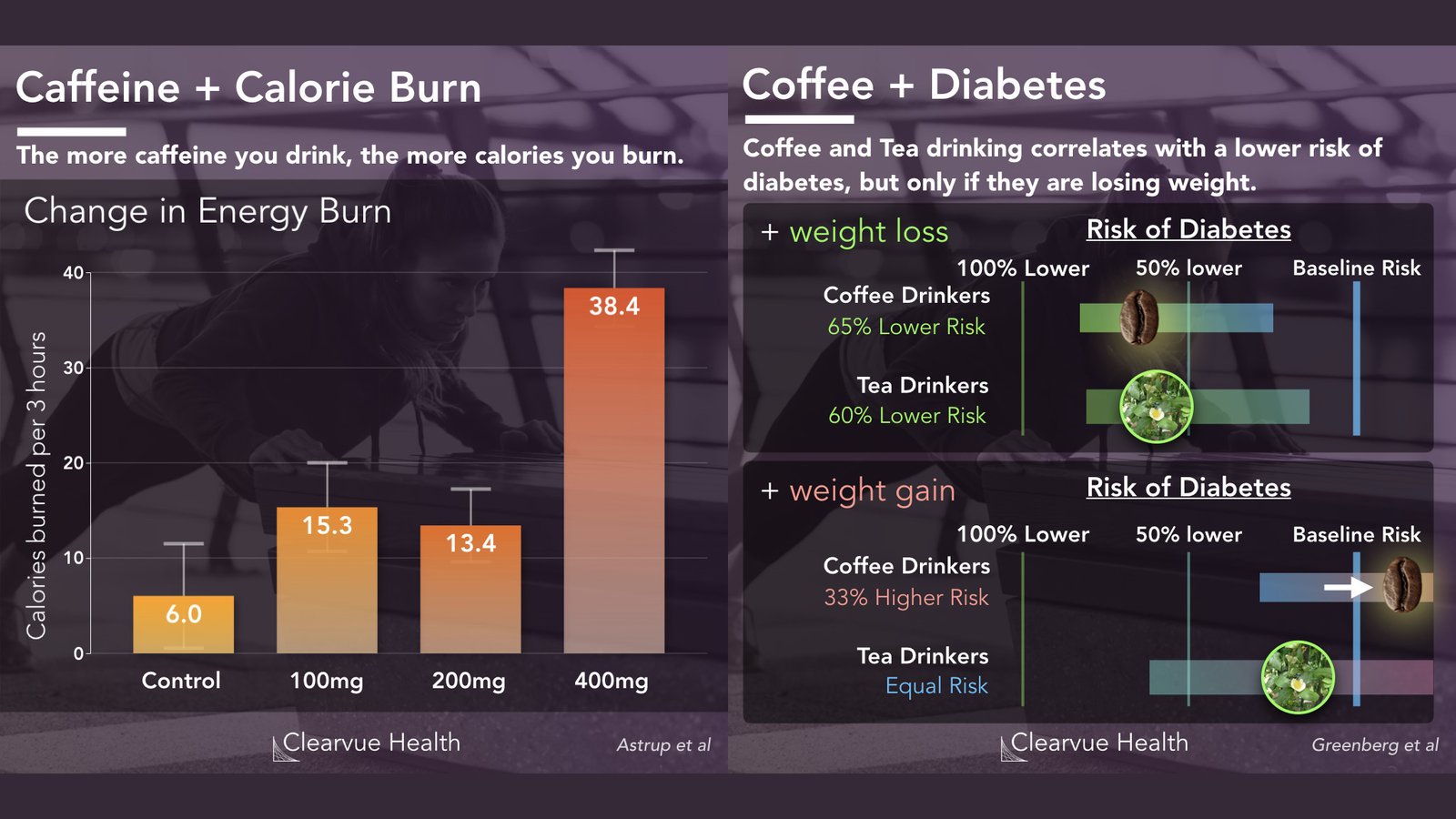
Coffee and Calorie Burn: Final Thoughts
Coffee can be a helpful ally in slightly boosting your metabolism and aiding calorie burn. While it’s not a substitute for healthy dietary and exercise habits, it can complement an active lifestyle. Enjoy your cups responsibly, and remember, it’s the small enhancements that often make the biggest differences in the long run.
By now, you should have a better understanding of how coffee can contribute to burning calories and integrating it wisely into your daily habits. So next time you sip on a freshly brewed cup of coffee, know that you are doing a tad bit more for your body than just waking up!
